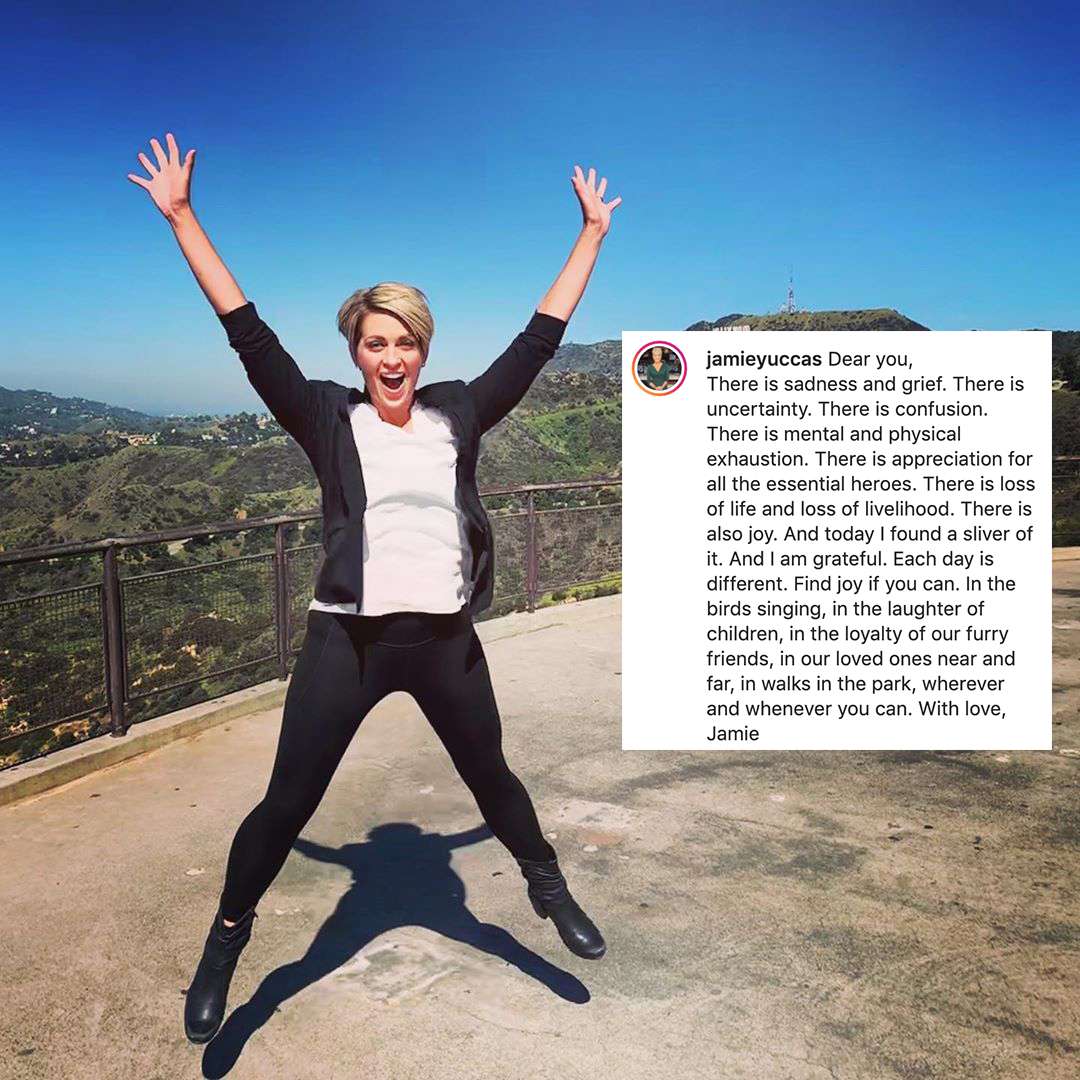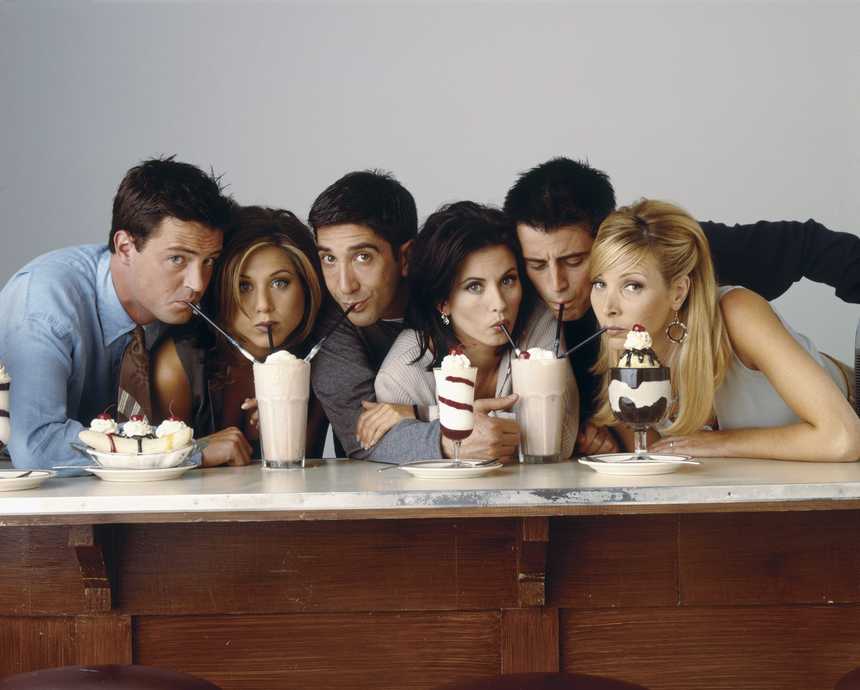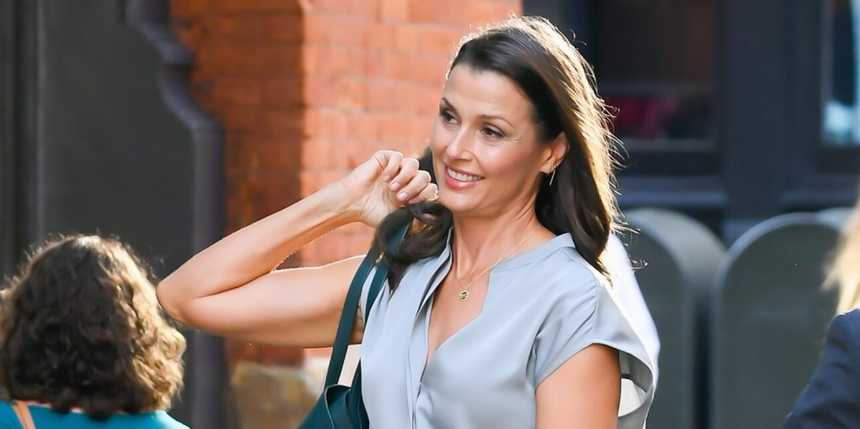Newscasters Crying on Air Due to Coronavirus, and Why Viewers Love It

For the reason that coronavirus pandemic first started, information anchors have been far more weak on the air.
Throughout a At this time present broadcast on March 27, Hoda Kotb turned choked up and began to cry after talking to New Orleans Saints quarterback Drew Brees about how the pandemic had affected his hometown, and a $5 million donation he made to reduction efforts. When Hoda couldn't end the section, her co-anchor Savannah Guthrie kindly took over. A clip of that second has been considered over 2.7 million occasions on Twitter, and it wasn't Brees' identify that was trending.
CNN's Erin Burnett cried interviewing a girl whose husband had died from COVID-19, and Don Lemon wiped away tears when speaking about his good friend and anchor Chris Cuomo's analysis. In additional constructive information, Anderson Cooper shared that he had change into a father, however expressed dismay that his personal dad and mom and brother hadn't lived to fulfill his son. These moments every brought on a stir throughout social media, and it's simple to see why folks join so strongly to them. It's good to know we aren't alone, and that the general public personalities we uphold or idolize may be overcome by emotions, too. However that doesn't imply it's a straightforward needle for the on-camera expertise to string.
"We discover ways to defend ourselves in warfare zones, the right way to sanitize your water if you’re in a hurricane zone or pure catastrophe, the right way to get by means of a kidnapping. However, emotionally, when you find yourself speaking to folks and so they're trusting you and sharing intimate particulars of their lives and their fears and their hopes, you carry that with you," says Amna Nawaz, senior nationwide correspondent and first substitute anchor for the PBS Newshour. "The flexibility to place it the place it belongs within the story is a problem for journalism, however I do suppose there’s a place for it," she says. As a psychiatrist who's additionally skilled to stay impartial, I perceive the will to maintain feelings out for the sake of professionalism. However I'd argue that, as Nawaz says, there’s a time and place for it — and, throughout a pandemic, that's the right here and now.
With loss of life charges remaining excessive, and a few states dashing to reopen, a brand new seemingly associated inflammatory sickness affecting younger kids, and stark warnings that the virus isn’t going away anytime quickly, feelings now appear to be as excessive as ever because the coronavirus arrived stateside on the finish of January. Other than scientific progress, which takes time, and clear governmental management and technique on the right way to get and keep secure, what we want is to see that the individuals who share this nerve-racking, emotion-filled, ever-changing information really feel it, too. We have to really feel like our emotional tidal waves, from anger to unhappiness and again once more, are regular and validated. We want — okay, we need — to see our newscasters cry.
 FEATURE: Newscasters, Please Cry Extra Credit score: Instagram/@andersoncooper
FEATURE: Newscasters, Please Cry Extra Credit score: Instagram/@andersoncooper
Walter Cronkite famously eliminated his glasses and held again tears to announce President JFK Jr had died again in 1963, and to this present day, anchors obtain an outpouring of help for exhibiting their vulnerability on the job.
The sturdy fan reactions that comply with may even shock the newscasters themselves. Amna Nawaz tells InStyle she acquired a number of constructive viewer mail after she reached out to the touch a father's hand at his son's hospital bedside as he began to cry. She says, "It was simply a kind of moments the place you wouldn't suppose twice about it in actual life, proper? If you’re sitting 3 toes away from somebody and so they begin to cry, clearly you attain out and you place your hand on their hand or arm and attempt to consolation them, as a result of you’re a human being and that's what we do. I feel when there's a digicam there, perhaps folks suppose that the entire dynamic modifications, however to me it doesn't. I'm nonetheless a human being and I'm nonetheless speaking to a different human being. If that's the intuition within the second, that's what I'm going to do."
RELATED: Savannah Guthrie and Hoda Kotb Are Altering TV for the Higher
As a psychiatrist, I perceive fully the push-pull she describes between being your self and doing all your job because it's historically been modeled. Like journalists, therapists are taught to stay indifferent and to reveal little or no about ourselves, so sufferers can concentrate on themselves. That distance turns into tougher to keep up when I’m drained or coping with my very own difficulties. Nawaz, who says she anchored hours of 2016 election protection on no sleep after her second youngster was born, agrees that, generally, "compartmentalization is essential."
She tells InStyle, "You can’t let your feelings get in the way in which of the reporting. You simply be taught to carry it in and energy by means of till you might be in a spot the place you possibly can course of it. You determine a means as a result of you need to, since you can’t let it get in the way in which of the work."
Jamie Yuccas, nationwide correspondent for CBS Information primarily based on the West Coast, provides that specializing in the duty at hand once you cowl tragedy typically means that you can decrease your personal troubles. "On the Pulse nightclub taking pictures, it was like, 'How can I be upset that I get divorced? All of those folks now don't have their family members coming dwelling.' My stuff doesn't matter," she says.
However whether or not journalist or therapist, exposing oneself to trauma after trauma can take its toll. "A lot of our job is diving into the darkish stuff," Nawaz says. And compartmentalizing is much more tough when you find yourself not only a passive observer reporting on the info however an individual who’s experiencing the identical tragedy in actual time. In remedy, we name it counter-transference, when, for instance, a affected person's story jogs my memory of my very own expertise. Within the information, it's when you find yourself residing by means of a part of the story you're having to inform. In keeping with Nawaz, "Now we’re all masking this pandemic as we live by means of it, and I don't suppose it's in any respect unreasonable to see it begin to spill over into our work, to see folks get emotional in regards to the issues that they’re masking."
RELATED: We Are All at Danger of Creating PTSD From the Coronavirus Pandemic
Not solely is it cheap for the emotional influence of those occasions to learn onscreen, it might really feel disingenuous and chilly to viewers if newscasters have been capable of flip off that a part of experiencing actuality; it would even really feel isolating to viewers who aren't capable of merely rise above the concern and unhappiness they really feel proper now. Yuccas, whose very first day of labor as an intern at a TV information station in Minneapolis was September 11, 2001, tells InStyle, that tragedy "hit New York, and it modified the lifestyle for therefore many People, however this virus is all over the place, you possibly can't escape it."
Nawaz landed her first job only a month earlier than in August 2001, so her profession was additionally born of that disaster. "Journalists are similar to everybody else, we’ve got spouses, and we’ve got youngsters, and we’ve got older dad and mom we’re apprehensive about, and we’ve got mates that we’ve got misplaced on this pandemic," she says. Seeing your family members endure, or really feel afraid, heightens the emotional actuality of any story, Yuccas provides. "In fact that's going to indicate up when you find yourself interviewing somebody."
 FEATURE: Newscasters, Please Cry Extra Credit score: Instagram/@jamieyuccas
FEATURE: Newscasters, Please Cry Extra Credit score: Instagram/@jamieyuccas
She has felt the help from followers who admire her newfound openness, even on extra revealing social media posts (just like the one above, from Instagram). "For thus a few years, I didn't need to discuss emotions. I didn't need to cry, I needed to be powerful, I needed to be checked out as sensible [and] succesful, and that was hiding feelings," she says. Nevertheless it seems, sharing extra of herself through the coronavirus pandemic has been a boon to her profession, not the alternative. "I feel not solely have folks felt higher opening as much as me, however I've had folks say, 'thanks for sharing that as a result of … to see somebody in your place open up about it makes me really feel like I can open up about it.'" We’re all form of starved for human connection in isolation. It is sensible that viewers need their anchors to be as dependable as all the time, but in addition real — even when it comes out as extra shaky than steady generally.
RELATED: Newscasters Are Doing Their Personal Make-up for TV Since Glam Squads Aren't "Important"
"Vulnerability takes power — you need to be prepared to place your self on the market. As a lot as you are attempting to report the reality, you are attempting to carry … your complete self to the job," Nawaz says. For me, I would like my anchors to be similar to I would like my very own therapist: human, sincere, feeling.
As we glance towards the post-COVID-19 future, I can solely hope that this pandemic will result in a shift in what we wish, count on, and even get from the information. I need to proceed to see newscasters we will connect with as actual. I would like feelings to be seen as a power, and for others to open up after the anchors set this new norm. Yuccas provides, "I feel the silver lining to this will likely be after we get out of this that we’re higher about sharing and being variety and loving and supporting one another in no matter we’re feeling. That’s the hope proper?" It actually is certainly one of mine.
Dr. Jessi Gold is an assistant professor of psychiatry at Washington College in St. Louis. Discover her on Twitter at @DrJessiGold.


